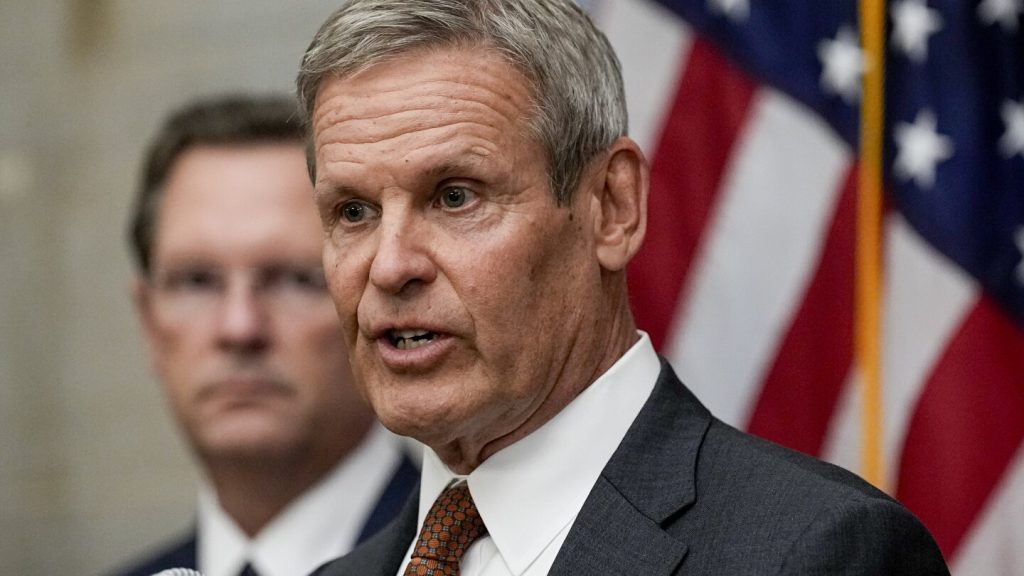Tennessee Governor Bill Lee has approved legislation allowing the death penalty in child rape convictions, a change that has been championed by the Republican-controlled Statehouse. The new law, which takes effect on July 1, authorizes the state to pursue capital punishment for adults convicted of aggravated rape of a child. Those found guilty could face death, life imprisonment without the possibility of parole, or life imprisonment. This move follows a similar bill enacted by Florida Governor Ron DeSantis last year, where prosecutors in Lake County announced they were seeking the death penalty for a man accused of sexual battery of a minor under twelve.
Idaho also attempted to pass similar legislation earlier this year, but the proposal stalled in the Senate, which is also Republican-dominated. Supporters of Tennessee’s law acknowledge that the Supreme Court deemed it unconstitutional to use capital punishment in child sexual battery cases in 2008. However, they are hopeful that the conservative-controlled Supreme Court will reverse that ruling, drawing parallels to the overturning of Roe v. Wade in 2022. Despite concerns from Democratic lawmakers and child advocates about potentially instilling fear in child rape victims, Governor Lee defended the law, emphasizing the severity of crimes against children.
Governor Lee stated that he did not sign the bill hoping it would be challenged in court, but rather out of a belief that crimes against children are some of the most heinous. Critics worry that the law could deter victims of child rape from speaking out, fearing that their abusers may resort to murder to avoid the death penalty. It is important to note that under current execution laws in the U.S., crimes must involve a victim’s death or treason against the government to be eligible for the death penalty. The Supreme Court has previously ruled that execution is too severe a punishment for sexual assault, and reiterated this stance in 2008 in a case involving the rape of a child.
Currently, all executions in Tennessee are on hold as officials review changes to the state’s lethal injection process. Governor Lee imposed the pause following a scathing report in 2022 highlighting flaws in how Tennessee inmates were executed. It is unclear when these changes will be completed, leaving the fate of those on death row uncertain. Governor Lee’s decision to approve the death penalty for child rape convictions has sparked debate and controversy, with advocates on both sides arguing over the implications and consequences of such a law. The legal and ethical implications of capital punishment in cases of child rape continue to be a contentious issue in the United States.


